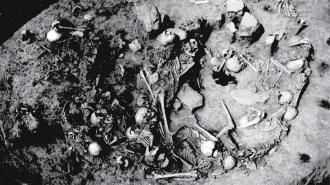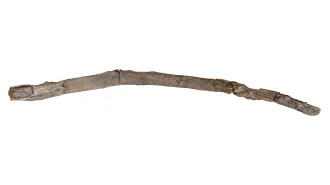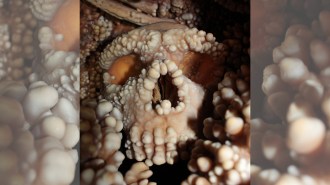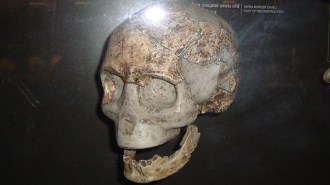Capuchins resist inbreeding chances
Among wild capuchin monkeys, the highest-status father often retains his position in a group long enough for his daughters to reach sexual maturity, yet inbreeding is rare, a new study finds.
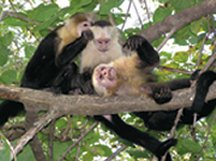
It’s not yet clear whether capuchin fathers, daughters, or both take measures to prevent incest, according to a team led by geneticist Laura Muniz of the Max Planck Institute for Evolutionary Anthropology in Leipzig, Germany.
For most social animals, either males or females leave their birth group at adolescence, so opportunities for inbreeding seldom arise. In capuchins, however, females never leave their birth group.
The team used DNA analyses to determine the fathers of 41 capuchin youngsters conceived during the 7-to-13 year tenures of three alpha males in Costa Rica. These males sired 19 of 24 infants born to females other than their daughters, compared with 1 of 17 infants born to their daughters, the researchers report in the March 7 Current Biology.
